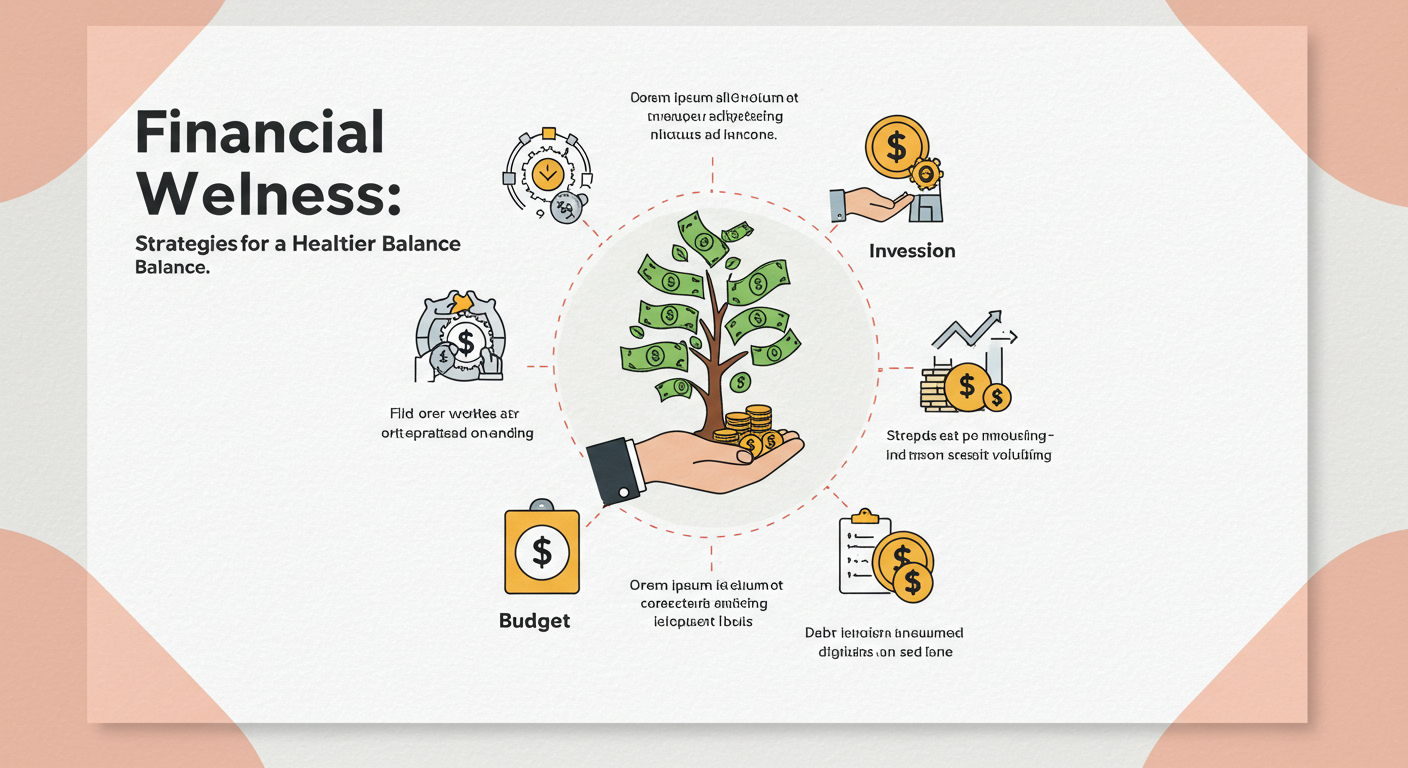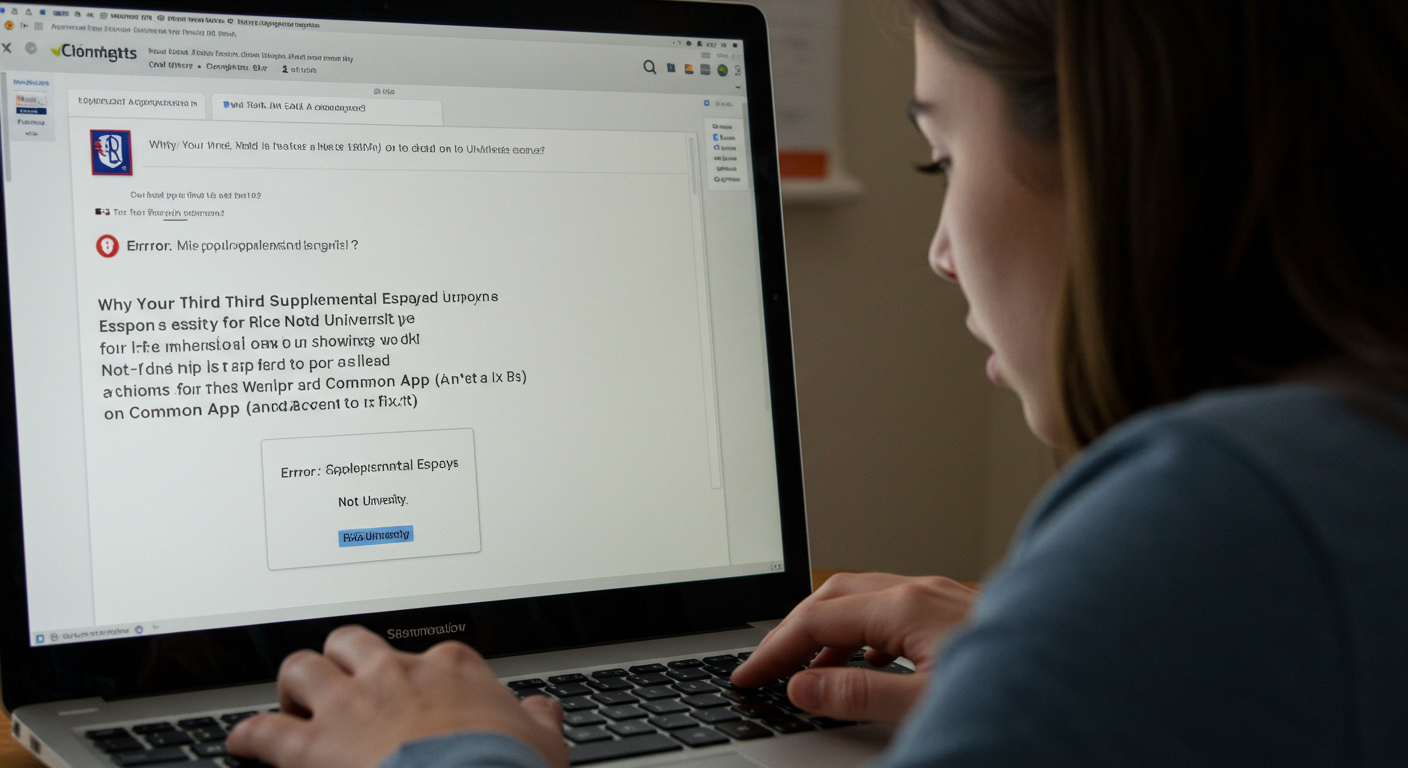Maintaining a healthy bank balance is key to achieving financial wellness financial stability and peace of mind. But for many, the nuances of financial wellness saving, budgeting, and managing debts—can seem overwhelming. Whether you’re trying to save for a home, pay off student loans, or build an emergency fund, achieving financial wellness starts with the right strategies.
This guide lays out actionable steps to help you take control of your finances. From crafting a realistic budget to maximizing savings and setting clear financial goals, these strategies are designed to empower you with the tools you need for healthier money habits.
What is Financial Wellness?
Financial wellness is the state of being in control of your finances so you can meet current and future needs without unnecessary stress. It’s about more than just having money; it’s about managing money wisely and cultivating habits that lead to financial security.
Achieving financial wellness can result in reduced stress levels, improved mental health, and the ability to enjoy life’s experiences more fully. It’s a long-term commitment, but one that can have life-changing rewards.
The Importance of Financial Wellness
When your finances are well-managed, you’re better equipped to handle emergencies, avoid debt spirals, and work toward long-term goals like retirement or homeownership. Without financial wellness, people are more likely to experience stress, sleepless nights, and increased reliance on credit.
According to a recent survey by PwC, 57% of workers said financial stress had a significant impact on their productivity. Taking steps toward financial wellness isn’t just about money—it’s about building the foundation for a happier, balanced life.
Strategies for a Healthier Bank Balance
1. Start with a Realistic Budget
A budget is the foundation of financial wellness. It provides a clear picture of your income versus expenses, helping you stay in control of your spending.
How to Create a Budget
- Track Your Expenses: Look at your spending habits over the past 1-3 months to identify patterns. Apps like Mint or YNAB (You Need a Budget) can make this step seamless.
- Define Needs vs. Wants: Separate essential expenses (e.g., rent, groceries) from discretionary spending (e.g., dining out, subscriptions).
- Set Spending Limits: Assign portions of your income to savings, essentials, and fun money. A popular method is the 50/30/20 rule—50% on needs, 30% on wants, and 20% on savings.
A well-structured budget ensures every dollar has a purpose while giving you room to enjoy life.
2. Build an Emergency Fund
Unexpected expenses—like medical emergencies, car repairs, or sudden job loss—can derail finances. An emergency fund acts as your financial safety net.
Tips for Saving an Emergency Fund
- Set a Target: Aim to save 3-6 months’ worth of living expenses as a cushion.
- Automate Savings: Use tools that automatically transfer a percentage of your paycheck into a high-yield savings account.
- Start Small: Even saving $1 a day adds up over time. Stay consistent and celebrate milestones as you go.
By planning ahead, you can tackle unexpected surprises without going into debt.
3. Pay Down Debts Strategically
Debt can be a major obstacle to financial wellness, consuming valuable income through interest payments. Tackling debt effectively is crucial.
Smart Strategies for Debt Repayment
- The Snowball Method: Pay off your smallest debt first for a quick win, then work your way up to larger debts.
- The Avalanche Method: Focus on debts with the highest interest rates first to reduce the total interest paid.
- Negotiate Rates: Reach out to lenders or credit card companies to negotiate lower interest rates or refinance debt when possible.
Minimizing debt helps free up money that can be redirected towards savings and goals.
4. Set Financial Goals
Having clear, actionable goals gives your financial plan purpose and direction.
How to Define and Achieve Financial Goals
- Be Specific: Instead of saying “I want to save,” define a target like “I want to save $5,000 for a vacation.”
- Set Timelines: Assign deadlines to your goals. Breaking them down into monthly or quarterly checkpoints helps maintain focus.
- Prioritize: Whether it’s homeownership, travel, or building wealth, explore what matters most to you and dedicate resources accordingly.
A clear vision for your financial future makes it easier to stay disciplined and motivated.
5. Invest in Your Future
Savings are crucial, but investing helps grow your wealth over time. Compound interest, described as “earning interest on your interest,” turns small contributions into substantial financial gains over time.
Easy Ways to Begin Investing
- Contribute to Retirement Accounts: Maximize contributions to accounts like a 401(k) or IRA, especially if your employer matches contributions.
- Start Small with Robo-Advisors: Platforms like Wealthfront or Betterment create diversified portfolios for beginners.
- Learn the Basics: Educate yourself about stocks, bonds, mutual funds, and ETFs to make informed choices.
Investing is key to building long-term wealth and can significantly enhance financial wellness.
6. Monitor and Adjust Regularly
Even the best financial plans need periodic adjustments. Changes in income, family situations, or unexpected events may demand tweaks to your strategy.
How to Stay Financially Fit
- Review Your Budget Monthly: Make adjustments based on changes in expenses or income.
- Track Progress Toward Goals: Use tools or journal entries to measure accomplishments and adjust timelines if necessary.
- Stay Educated: Follow financial blogs, attend webinars, or consult with a financial advisor to stay informed on best practices.
Consistent monitoring ensures your financial plan keeps working in line with your priorities.
7. Be Part of a Financial Community
The road to financial wellness doesn’t have to be a solo effort. Joining a community of like-minded individuals can provide support, accountability, and advice.
Benefits of a Financial Community
- Shared Resources: Learn from others’ tips, challenges, and success stories.
- Motivation and Accountability: Engaging in group challenges or forums can keep you motivated.
- New Perspectives: Seeing how others manage finances can help you discover strategies you hadn’t considered.
Social platforms such as Reddit’s r/PersonalFinance or Facebook groups dedicated to financial well-being are great places to start.
Build Your Best Financial Future
Financial wellness isn’t achieved overnight, but taking small, consistent steps leads to long-term stability and freedom. By budgeting, saving, paying off debt, setting goals, investing, and staying connected to resources and communities, you can take control of your finances and create a healthier relationship with money.
Take action today by identifying one strategy from this guide and putting it into practice. Every step you take is a step closer to financial peace of mind.










Leave a Reply